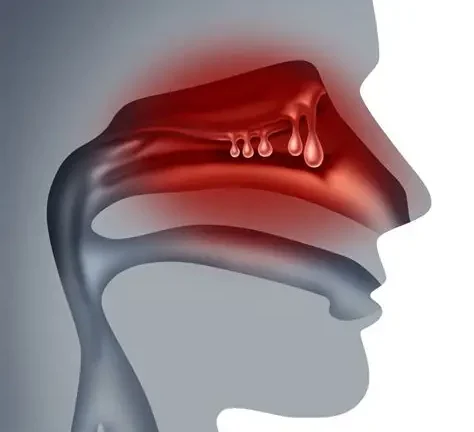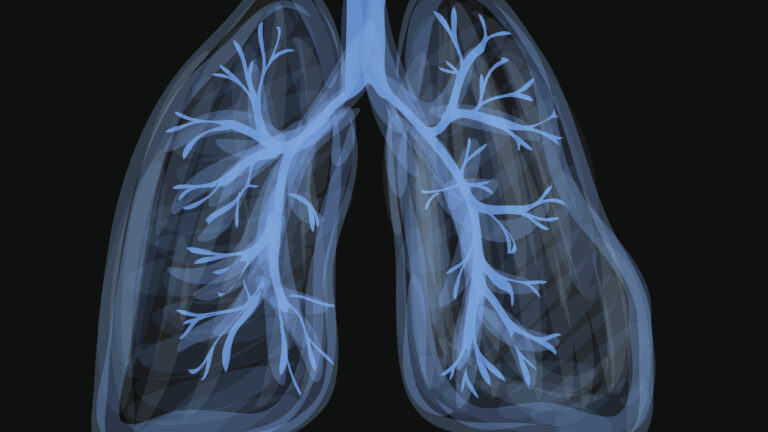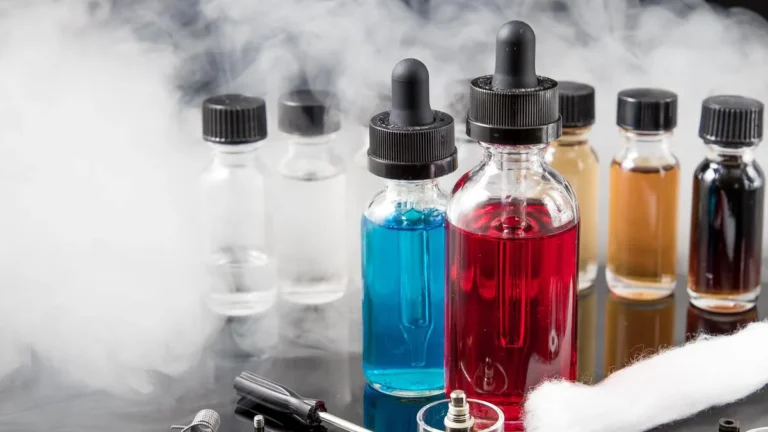
Is Vaping Clogging Your Sinuses? The Shocking Connection Revealed
Vaping has become a global phenomenon, embraced by millions as a modern alternative to smoking. However, as its popularity grows, so do concerns about its health effects, particularly on the sinuses. Questions like can vaping cause sinus infections, does vaping cause congestion, or does vaping dry out your sinuses are increasingly common among vapers experiencing nasal discomfort. While vaping is often marketed as a safer option than traditional cigarettes, its impact on sinus health remains a topic of debate. This comprehensive guide explores the potential links between vaping and sinus issues, drawing on scientific research, expert insights, and user experiences to help you understand whether vaping causes sinus problems and how to protect your health.
What Is Vaping?
Vaping involves inhaling aerosol produced by an e-cigarette or vape pen, which heats a liquid (e-liquid) containing nicotine (optional), flavorings, and base ingredients like propylene glycol (PG) and vegetable glycerin (VG). These aerosols pass through the nasal passages and sinuses, potentially affecting their function. Unlike smoking, which involves combustion, vaping produces a vapor that is inhaled, but the long-term effects on the respiratory system, including the sinuses, are still being studied.

Understanding Sinus Infections

Sinus infections, or sinusitis, occur when the sinuses—air-filled cavities around the nose and eyes—become inflamed or swollen. This can result from viral, bacterial, or fungal infections, allergies, or irritants. Symptoms include:
- Nasal congestion or stuffiness
- Facial pain or pressure
- Thick nasal discharge
- Post-nasal drip
- Headaches
Factors that irritate or weaken the nasal mucosa, such as dehydration or chemical exposure, can increase the risk of sinus problems or infections.
How Vaping Might Affect Your Sinuses
Several mechanisms suggest that vaping could contribute to sinus issues:
| Mechanism | Description |
|---|---|
| Irritation of Nasal Passages | Chemicals in vape aerosols, such as PG and flavorings (e.g., diacetyl), can irritate the mucous membranes, leading to inflammation and symptoms like post-nasal drip or nasal problems. |
| Dehydration | PG is hygroscopic, meaning it absorbs moisture, potentially drying out the sinuses and causing discomfort or increased susceptibility to infections. |
| Immune Suppression | Vaping may suppress immune responses in the nasal mucosa, making it harder to fight off infections, as shown in studies on respiratory health. |
| Allergic Reactions | Some vapers may be sensitive to PG, VG, or flavorings, triggering allergic-like symptoms such as congestion or a runny nose. |
| Direct Exposure | Exhaling vape aerosol through the nose, as many vapers do, increases direct exposure of the sinuses to potential irritants, as noted in a 2022 study. |
These factors suggest that vaping could cause sinus issues, particularly in individuals with pre-existing conditions like allergies or chronic sinusitis.

Scientific Evidence
Research on vaping and sinus infections is limited but growing, with several studies providing insights:
- A 2021 study in the American Journal of Respiratory and Critical Care Medicine (PMC) found that e-cigarette use alters nasal mucosal immune responses to live-attenuated influenza virus (LAIV). E-cigarette users showed reduced levels of anti-LAIV IgA and downregulated immune-related genes, with lower levels of cytokines (IFNγ, IL-6, IL-12p40) crucial for antiviral defense. This immune suppression could increase the risk of viral infections, which may lead to secondary bacterial sinus infections.
- A 2019 study in Tobacco Induced Diseases linked e-cigarette use to self-reported respiratory symptoms, including nasal congestion.
- A 2022 study reported by KIIITV found that vapers are more likely to exhale through their nose (63% compared to 22% of cigarette smokers), exposing the sinuses to more emissions and potentially increasing the risk of upper respiratory issues.
- A case report in ScienceDirect (ScienceDirect) described a 30-year-old male who developed nasal polyps after two months of vaping, suggesting a possible direct link to sinus problems.
ENT specialists, such as those from Raleigh Capitol ENT and Berger Henry ENT, note that vaping can exacerbate allergies and suppress immune responses, potentially contributing to sinus infections. However, more research is needed to confirm a direct causal link.
Anecdotal Reports
User experiences shared on platforms like Reddit’s r/Vaping and Quora frequently mention sinus issues such as congestion, post-nasal drip, and sinus pain. Some users report relief by switching to higher VG e-liquids, which are less dehydrating than PG, or by reducing vaping frequency. While not scientific, these reports highlight a common concern among vapers and suggest individual sensitivities to e-liquid ingredients may play a role.

Symptoms to Watch For
If you’re wondering does vaping cause sinus problems, here are symptoms vapers commonly report:
| Symptom | Description |
|---|---|
| Nasal Congestion | Stuffy nose or difficulty breathing through the nose. |
| Post-Nasal Drip | Excess mucus dripping down the throat, causing coughing or irritation. |
| Sinus Pain/Pressure | Discomfort around the eyes, cheeks, or forehead. |
| Dryness | Dry or irritated nasal passages, potentially from PG. |
| Recurrent Sinus Infections | Frequent sinusitis, though this may be related to other factors. |
If these symptoms persist, consult a healthcare provider to rule out sinus infections or other conditions.
Preventive Measures
To minimize the risk of vaping-related sinus issues, consider these strategies:
- Stay Hydrated: Drink plenty of water to counteract PG’s dehydrating effects and keep mucous membranes moist.
- Choose High-Quality E-Liquids: Opt for reputable brands with lab-tested ingredients, avoiding those with known irritants like diacetyl.
- Adjust VG/PG Ratio: Switch to higher VG e-liquids (e.g., 70/30 VG/PG) to reduce irritation, as VG is less drying.
- Practice Nasal Hygiene: Use saline nasal sprays or rinses (e.g., a neti pot) to keep sinuses clear and moist.
- Reduce Vaping Frequency: Limit vaping sessions to decrease exposure to potential irritants.
- Ventilate Your Space: Vape in well-ventilated areas to reduce aerosol concentration.
- Monitor Symptoms: Seek medical advice if you experience persistent congestion, post-nasal drip, or signs of a sinus infection (e.g., fever, thick mucus, severe pain).
When to See a Doctor
If you suspect vaping causes sinus issues, consult a healthcare provider if you experience:
- Persistent nasal congestion lasting over 10 days
- Thick, colored mucus (yellow or green)
- Facial pain or pressure
- Fever or fatigue
A doctor can diagnose sinusitis and determine whether vaping or other factors are contributing, potentially recommending treatments like antibiotics or allergy management.
Alternatives to Vaping
If vaping causes sinus problems for you, consider alternatives:
- Nicotine Patches or Gum: Deliver nicotine without aerosol exposure.
- CBD Products: Non-psychoactive CBD edibles or tinctures may offer relaxation without sinus irritation.
- Quitting Nicotine: Seek support from a healthcare provider to reduce or eliminate nicotine use.

Community Insights
Vaping communities, such as Reddit’s r/electronic_cigarette, often discuss vaping and sinus issues. Users frequently report temporary congestion or dryness, particularly with high-PG e-liquids. Switching to VG-heavy blends or staying hydrated often helps. These insights, while anecdotal, emphasize the importance of listening to your body and adjusting your vaping habits.
Finally Talk
The question can vaping cause sinus infections doesn’t have a definitive answer yet, but evidence suggests that vaping may contribute to sinus issues like congestion, post-nasal drip, or irritation. The dehydrating effects of PG, potential for chemical irritation, and immune suppression in the nasal mucosa all point to vaping as a possible risk factor. While direct causation of sinus infections is not fully proven, vapers experiencing symptoms should take preventive measures like staying hydrated, using high-quality e-liquids, and monitoring their health. If symptoms persist, consulting a healthcare provider is essential to address potential sinus problems or underlying conditions. By vaping mindfully and prioritizing sinus health, you can make informed choices to enjoy vaping safely.


